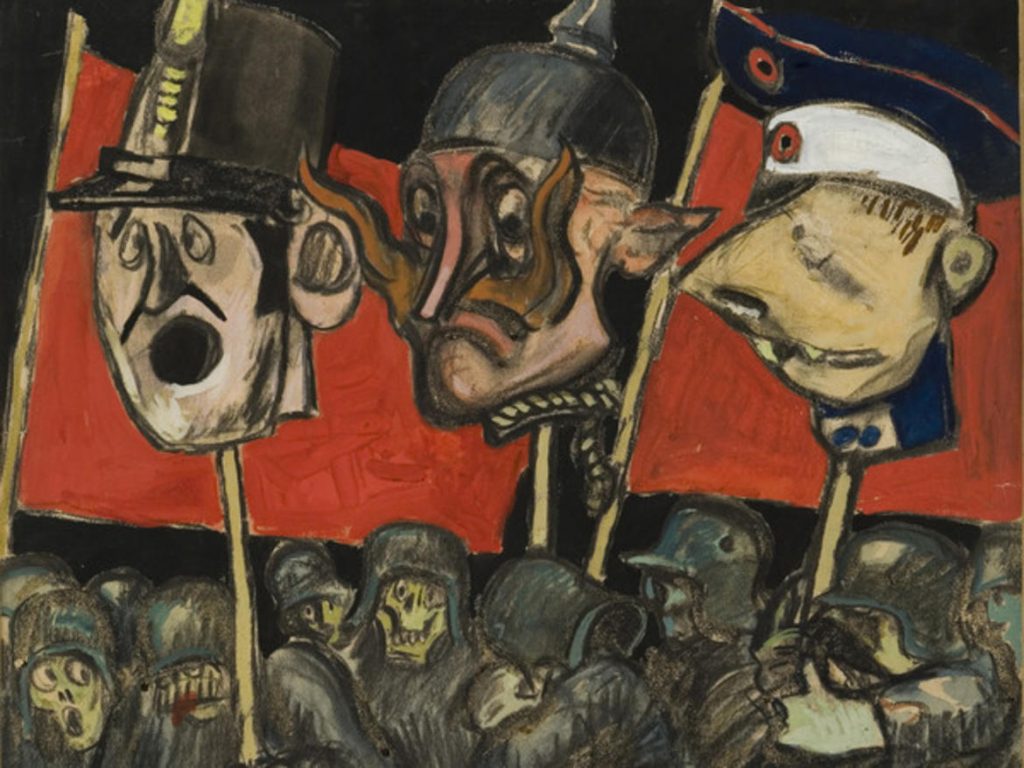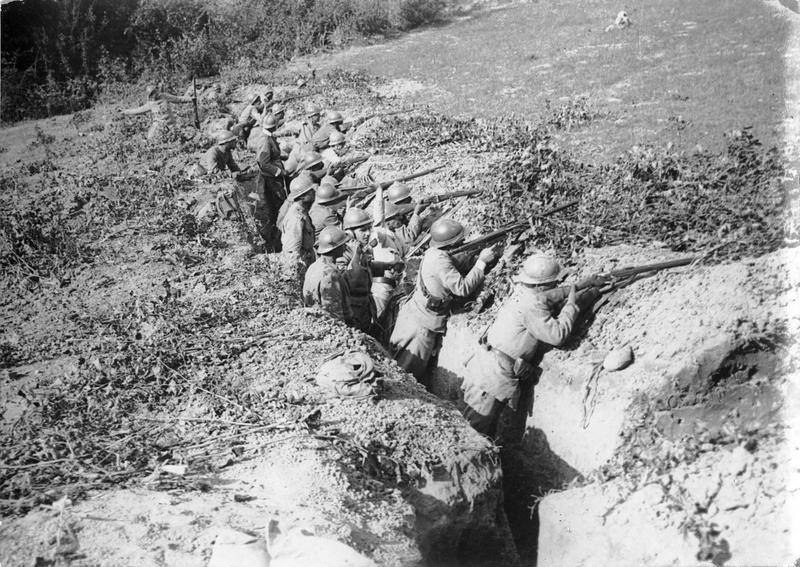The son of General Nicolae Dona, a participant in the War of Independence, Raul Dona began his medical career in 1898, as a doctor in Roșiorii de Vede. Between 1917 and 1918, doctor Raul Dona recorded in his diary what he had to endure during the Great War. His notes are a veritable testimony of one of the most dramatic moments that Romania had to go through in its history. Thanks to this journal we get to know the members of the doctor’s family, his friends and relatives, but also the suffering and deprivation suffered by the civilian population and soldiers wounded in combat.
On February 7, 1916, Raul Dona married Niculina Delavrancea (1890-1981), the third daughter of writer Barbu Delavrancea. In the summer of that same year, Romania entered the First World War, and doctor Raul Dona was dispatched to Cernavodă, the Oituz Valley and Bicaz, where he had to treat an overwhelming number of injured soldiers in near inhumane conditions. The deterioration of the situation on the front and the advance of the German troops on Bucharest caused the Delavrancea family to flee to Moldavia in late autumn 1916. The new year found the military doctor in Vaslui, along with his wife and their little girl, who also bore the name of Niculina.

The diary of Doctor Raul Dona begins on January 29, 1917, on the occasion of his daughter’s three-month anniversary. At the beginning of February, Raul Dona wrote down in his diary about the suffering of the wounded soldiers, who stood in the cold in overcrowded hospitals:
“The sick are freezing in the cold hospitals where the halls have the same temperature as the one outside, often -15, -10, and the requisition wagons that should carry wood are used to remove and carry the ice to fill the ice house!! When people die because of the cold, not figurately but literally, would it not be more humane to first bring wood? The sick soldiers that are coming to the hospital are standing out in the cold, in the blizzard for 5 to 6 hours before it’s their turn to be examined- there’s only one hapless Jew doctor who, lame as he is because of an injury, is nonetheless sitting in the cold near the sleds and wagons filled with sick, who are piled one over the other, most of them with typhus; he tries hard to juggle between all of them, placing them in various isolation or non-isolation wards, where appropriate, etc. He often sends sick patients in a hospital where he was told that there were eight vacancies and when the worn-out wretches get there, they are turned back, they die of the cold in the sled, others weep, cry, begging to be taken in somewhere so as to «not to be carried through the cold». This care is a disgrace!”.
“Human rights? You have no rights!”
Doctor Dona wonders asks himself with indignation “what are the higher-ups doing? Why are they not requisitioning new lodgings to place these wretches? Do they not know? Or don’t want to?”. He also offers the answer: the political leaders know of the suffering soldiers, “but they do not suffer from anything and thus… NOTHING is being done”.

“In Iași there are so called charity concerts: in one journal that I happened to come across, I saw 7 or 8 representations that were announced in Iași in just a few days, if not a week. When you see printed orders displayed everywhere saying that any gathering of three people or any such gathering will be punished with harshness, etc., you ask yourself: is it not the fear that it will all come crashing down, that they are walking on tightrope and that the people will rise up against the thieves and the worms pampered by their ill-gotten wealth and fat cheques? Soldiers from all nations, of course, desire peace. A minuscule minority, however, leads us all to destruction. […] Human rights? You have no rights! They-re taking you to war and if you’re brave and get injured, they leave you out to die of the cold in the hospital, because Mr. prime-minister needs ice during the summer and others need ice cream- we need that too of course […] When you ask: Why the ice is needed now? You get the answer… (that the ice is) for hospitals- in the summer! Is this the only hospital without firewood, and I am, out of indignation, unjustly outraged? No! All the hospitals here do not have wood, in all of them the sick and staff alike are freezing. We made several reports regarding this situation to the Committee, but… in vain. The answer was: Here, I will give the order urgently!!! (The forest is 2-3 kilometres away). When wood is brought, the hospitals are given lime wood and willow wood. […] I cannot boil water, wash the wounds, wash my hands, because I don’t have any firewood. But what is even more dreadful is that they don’t even give us soap! You put your hands on pus, on blood, on infections and you cannot even wash it off. There’s no soap in all of Vaslui. Why? Because the right people are stocking up on supplies, as they did with sugar in Bucharest last winter. What little there is, it is hidden, and where it’s most needed, it is not given.”.
After recounting what he had to live through in Moldavia, the diary ends on November 12, 1918, in a devastated Bucharest, but with an optimistic outlook brought on by the withdrawal of the Germans: “The political events are extraordinary. While the Germans were all high and mighty when we arrived in Bucharest, were harassing us, oppressing us so much that we Romanians could not expect any justice from them… one day, what do you know, there is talk that they are leaving! The Germans are leaving!”
Bibliography:
Raul Dona, Jurnalul unui medic militar, 1917-1918 [Journal of a military doctor, 1917-1918], Humanitas Publishing House, Bucharest, 2018.
Translated by Laurențiu Dumitru Dologa

